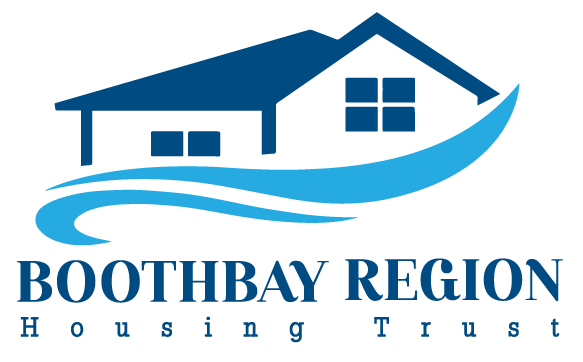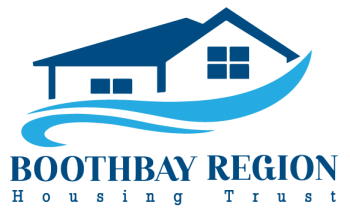Boothbay Region Housing Trust enters fold
A group of concerned community members and professionals, known as Boothbay Region Housing Trust, has just received approval for its 501 (c) (3) status. With the goal of adding dozens of homes to the region in the next few years and more in the future, the new status gives the group the potential to become a big player in battling the region’s housing crisis.
Boothbay Harbor resident Cindi Watson and realtor Debrah Yale have been working on bringing attention to these issues for years and now BRHT – board members including Laura Blake, Stephanie Hawke, Patty Minerich, John O’Connell and Eric Wood in addition to Watson and Yale – plans to work with Boothbay and Boothbay Harbor to find some traction in securing projects leading to significant development in affordable workforce housing.
“The founding of the Boothbay Region Housing Trust has (led) to meaningful conversations, truly lovely conversations with Boothbay and Boothbay Harbor and their willingness to help us succeed is (important),” said Yale.
The towns recognize the need for affordable housing, but Boothbay Harbor has its hands tied by outdated and super restrictive ordinances, they said; no one has addressed the “archaic code from 1986” Yale said was a knee-jerk reaction to the Signal Point development and other condominium developments shortly before the change. Both towns have spent a lot of money and time over 35 years trying to get businesses to move to a region that cannot support the necessary workforce, Yale said. Watson added that among the issues which have gone unaddressed are the general recommendations as illustrated in the regional economic master plan presented in February 2018, and the need to reduce density requirements from 10,000 square feet per residential use to 5,000 square feet.
Said Yale, “The knee-jerk might have been OK as a moratorium, but they never lifted those restrictions. Right now, if we lifted those restrictions, we could get into some of these developments which are already approved, hooked up to water and sewer, and they just sit there. There could be 44 homes built in the next two years for families if we could shrink the lot size … Just think of the tax implications of having all these vacant and vagrant houses and land without things being built on them and what it costs the town. They're always trying to balance the budget, but if we had taxes coming in, we wouldn't have to worry about all of that.”
Watson and Yale said it is clear what the needs are for housing. Watson found after taking a class three winters ago with young professional women that some were living only as close as Brunswick and commuting every day. “Why are we here? Why are we working on this? It's because this is a real problem and it's not going to get any better … There is no place for anybody to live.” The women were dentists/hygienists, teachers, educated, college graduates, including PhD’s, said Watson.
She said one had just been recruited by Reny's Department Store right out of fashion school in Boston to work as a buyer; another, a scientist at Bigelow Lab, was commuting to work from Brunswick. “Everybody is living off peninsula.”
Said Yale. “And they're living in substandard housing. One of them, their grandfather built an apartment over their garage. Another was living in the basement of someone's house … The priority and the message isn't out there. People don't realize we're not going to have anybody here to share this wonderful environment with if they don't get on board with affordable housing.”
Event Date
Address
United States
























